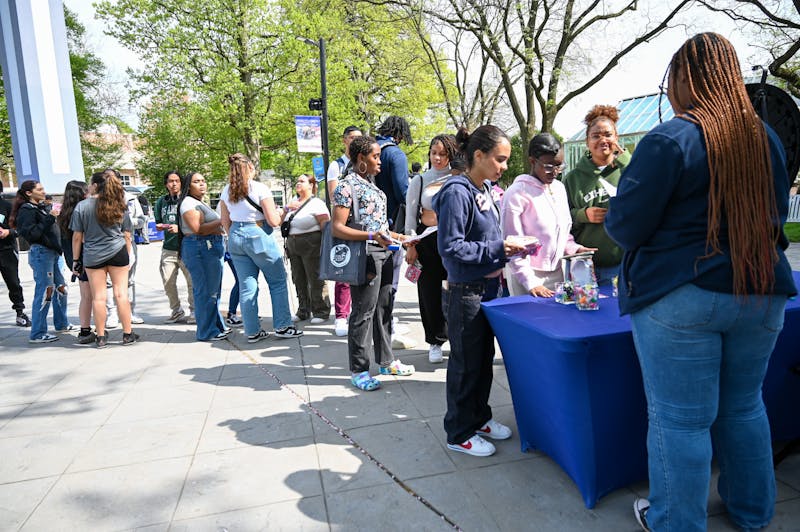Last week, we went over The Guide's policy's regarding Drug and Alcohol violations on campus. Now, we're going to switch gears for a minute and talk about something students rarely discuss among themselves - which is Academic Integrity. What is academic integrity and how do you know if you are going against it? Well after this article you'll have a much better understanding of what it is and how not to violate it. On pages 19 through 22 of The Guide, you will find full explanations of academic integrity.To state it clearly, Kean University is dedicated to providing rigorous undergraduate and graduate programs which increase students' awareness and understanding of the subject matter. Any portrayal of work which is not an individual's, plagiarism, or copying off another students work goes against the Academic Integrity Policy. Sometimes it is stressful to complete various projects at a time, so how would you know what's right or wrong?
If you don't know what is considered wrong, then you can easily make a mistake that may cost you a lot. Some students think you can only violate academic integrity by handing in a paper that is not yours or directly cheating during a test. However, there are three distinct categories The Guide recognizes as violations.
The first violation is the one we are most familiar with, which is plagiarism. Plagiarism is using the quotes of another person without proper acknowledgment, using facts, statistics or other material without acknowledging the source, or when a computer program submitted as original work duplicates, in whole or in part, without citation the work of someone else.
The second violation, fabrication, is exactly what it sounds like, making up something which was not found through a source or other means for a research project or other exercise. Taking a test for someone else or allowing them to take one for you also can be seen as fabrication.
The final and most serious offense occurs when academic misconduct is found. The Guide explains instances that may fall within this category as changing, altering, falsifying or being accessory to changing or altering a grade report, stealing, buying (or any variation of the two); giving away or obtaining all or part of any unadminstered text/examination; or entering any University office or building for the purpose of obtaining an unadministred test/examination. Other violations are altering test answers to claim the instructor inappropriately graded the examination, misusing or destroying computer accounts without authorization and a host of others.
The Guide also discusses the different levels of violations from 1 to 4. The Level 1 is less severe because the situation may have occurred due to inexperience or novelty in writing papers/conducting research. The highest level pertains to serious offenses like forgery, sabotaging another's work or stealing a senior or graduate's thesis.
Technology has made it easier for students to find work on the Internet or use other devices to complete work. Coursework can get stressful especially with an influx of papers and assignments around finals time, but plagiarizing or violating academic honesty in anyway can have long last effects. You could earn a failing grade from an instructor, be reprimanded, receive a lowered grade - or in the extreme case be suspended or expulled from the University.
Students can access the entire Academic Integrity policy on www.kean.edu or look at The Guide. Next week find out what happens in University Student Judicial Proceedings and how to prevent finding yourself there.





